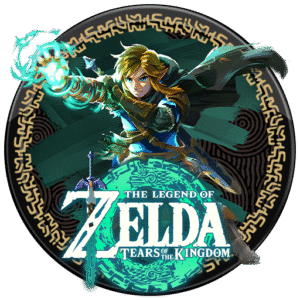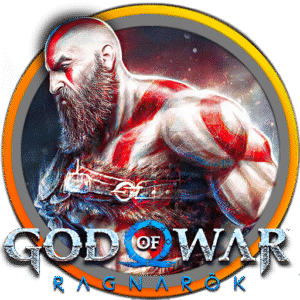The New Vision: Jagex CEO Stakes Claim to MMO Supremacy
Popular Now
 NBA 2K24
NBA 2K24
 Gacha Club
Gacha Club
 Grand Theft Auto V
Grand Theft Auto V
 EA SPORT FC 25
EA SPORT FC 25
 BeamNG.drive
BeamNG.drive
 Fall Guys
Fall Guys
 Toca Boca World
Toca Boca World
 FIFA 23
FIFA 23
 PUBG Mobile
PUBG Mobile
 Auto X Drift Racing 3
Auto X Drift Racing 3
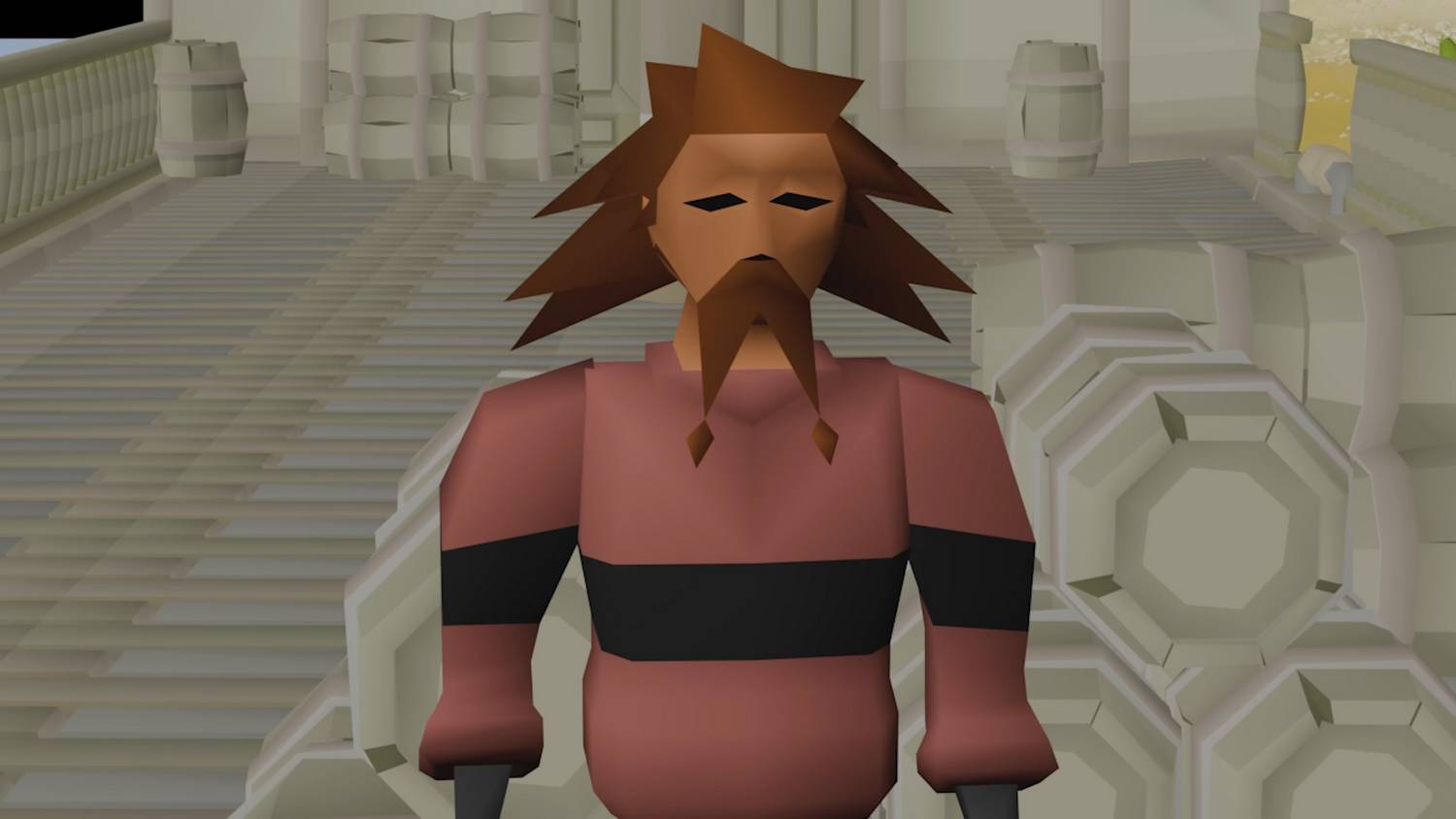 A new era of strategic ambition has been formally declared at Jagex, the veteran UK studio behind the venerable RuneScape franchise. New CEO, Jon Bellamy, a long-time veteran player of the game, has publicly laid out a bold five-year vision: to elevate the entire RuneScape collective—encompassing Old School RuneScape (OSRS), RuneScape 3 (RS3), and the new survival spin-off Dragonwilds—to be “at least the second-biggest MMO franchise in the Western world” behind the undisputed leader, World of Warcraft (WoW). Furthermore, in a statement that has sent ripples through the Massively Multiplayer Online (MMO) community, Bellamy asserted, “we’re already very close to that” position.
A new era of strategic ambition has been formally declared at Jagex, the veteran UK studio behind the venerable RuneScape franchise. New CEO, Jon Bellamy, a long-time veteran player of the game, has publicly laid out a bold five-year vision: to elevate the entire RuneScape collective—encompassing Old School RuneScape (OSRS), RuneScape 3 (RS3), and the new survival spin-off Dragonwilds—to be “at least the second-biggest MMO franchise in the Western world” behind the undisputed leader, World of Warcraft (WoW). Furthermore, in a statement that has sent ripples through the Massively Multiplayer Online (MMO) community, Bellamy asserted, “we’re already very close to that” position.
The CEO’s quote, “The French make wine and the Germans make cars and Jagex makes RuneScape,” encapsulates a renewed, laser-focused business strategy. The priority, he stresses, is on “strengthening your strengths” by doubling down on their core intellectual property (IP). This strategic concentration is a sharp pivot from past efforts to launch entirely new, non-RuneScape titles, aiming instead for organic growth and integrity across the existing family of games, which is crucial for increasing Long-Term Player Value (LTPV).
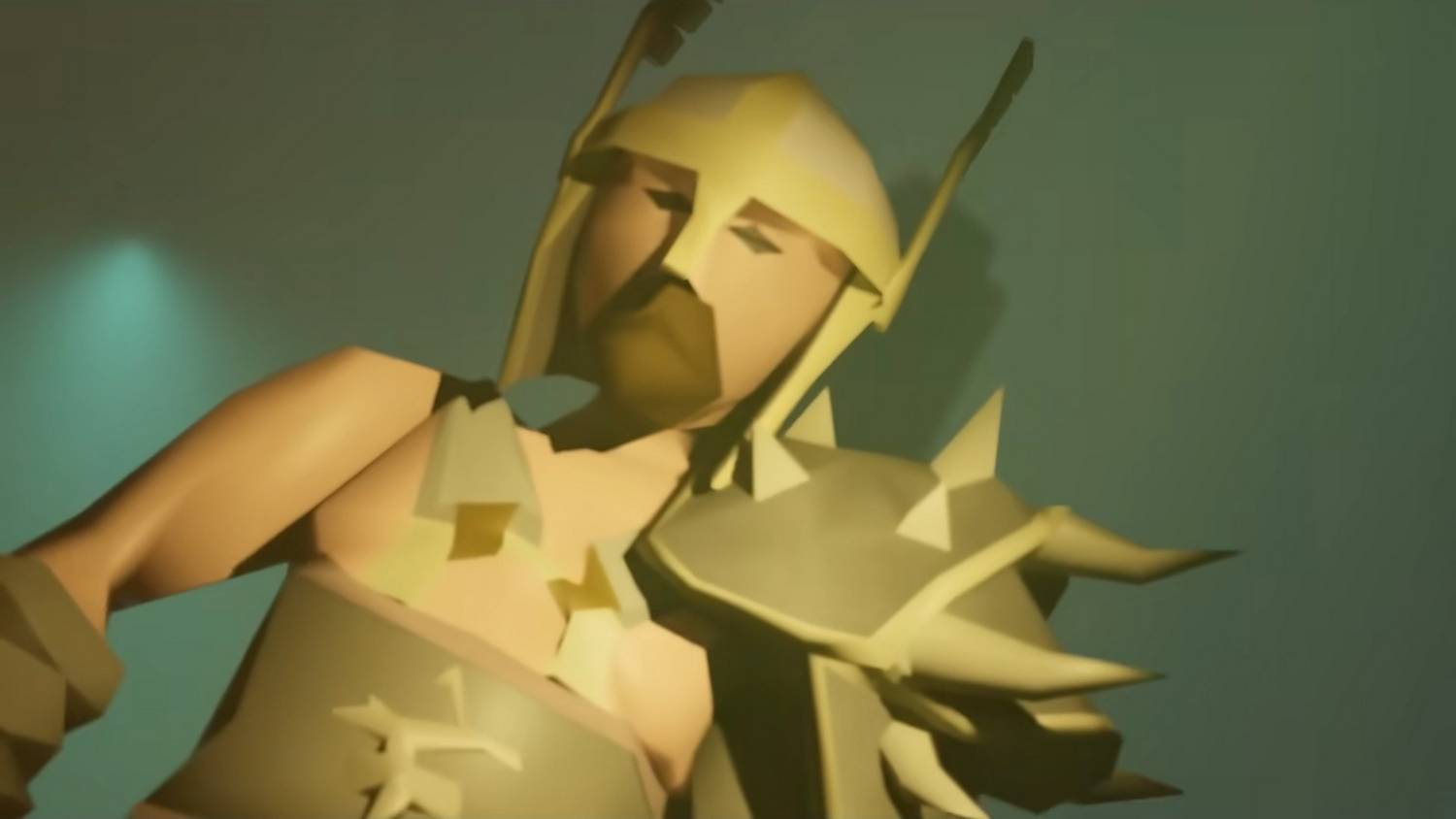 Strategic Pillars: How Jagex Plans to Bridge the Gap
Strategic Pillars: How Jagex Plans to Bridge the Gap
The confidence expressed by Jagex’s leadership is not baseless. Old School RuneScape has been experiencing a massive resurgence, hitting new concurrent player records in recent months, with peak figures in the hundreds of thousands. Much of this growth has been attributed to an influx of players, including prominent content creators and streamers, migrating from other major MMOs, notably World of Warcraft, a phenomenon analysts are referring to as an ‘MMO migration’.
The strategy to secure the number two spot is built on two key pillars:
1. Restoring Integrity and Trust in RuneScape 3:
- Bellamy has acknowledged the widespread player frustration caused by years of aggressive microtransaction (MTX) practices in RuneScape 3.
- He signaled a willingness to take “some short-term pain” in revenue dips by winding back or augmenting the current MTX approach to make it more sustainable and healthier. Surveys suggest this change is the single biggest factor that would convince former players to return to the modernized title.
- This focus on game integrity is a direct, high-impact move designed to win back a large, nostalgic player base who represent significant untapped subscriber revenue.
2. Franchise Power: The Collective Player Base:
- The goal is explicitly about the combined “RuneScape franchise” player count, which includes the subscription and free-to-play numbers from OSRS, RS3, and the new Dragonwilds survival title.
- OSRS‘s success is a major engine of growth, with its anti-FOMO (Fear Of Missing Out) design philosophy—where “everything you earn matters forever”—resonating strongly with a fatigued gaming audience.
- The new survival game, Dragonwilds, has reportedly exceeded high expectations and is receiving additional investment, diversifying the revenue stream and attracting players who may not be interested in the traditional MMO format, yet still contribute to the overall franchise’s headcount and ARPU (Average Revenue Per User).
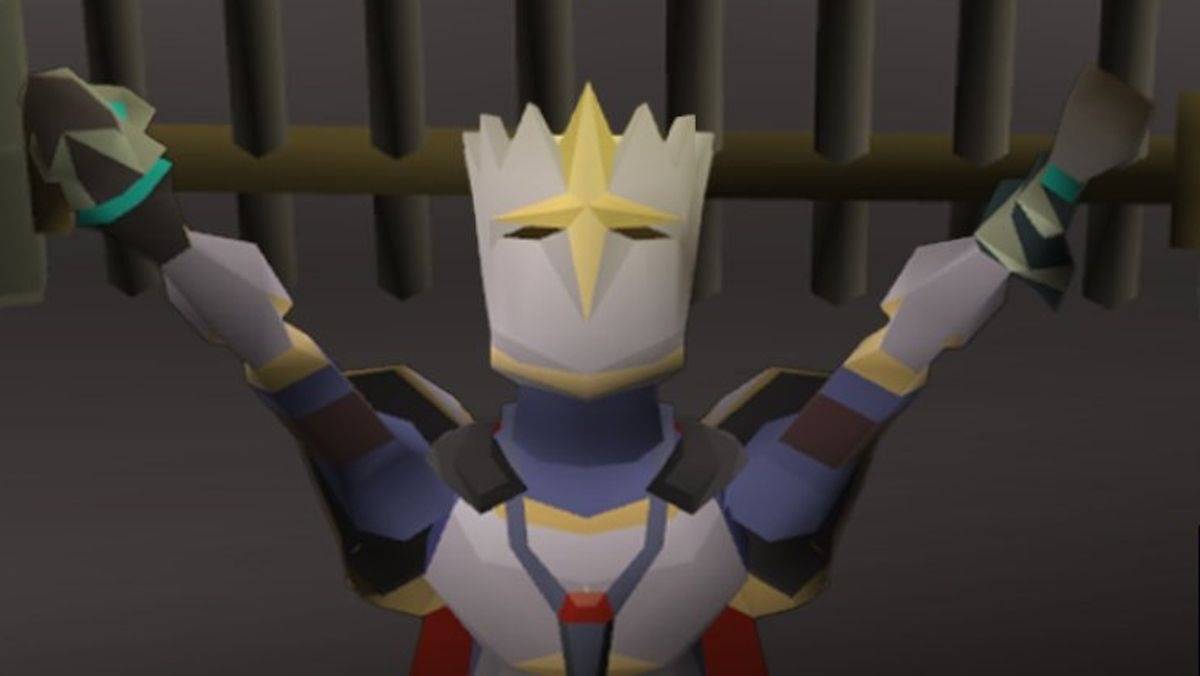 The Competitive Landscape: Is the #2 Spot Truly Within Reach?
The Competitive Landscape: Is the #2 Spot Truly Within Reach?
While World of Warcraft still commands the largest player base in the West, the race for the second spot is fiercely competitive, featuring other high-performing titles with loyal communities and global reach. Key rivals include:
- Final Fantasy XIV (FFXIV): Generally considered the most likely runner-up to WoW, FFXIV boasts millions of dedicated players and consistent critical acclaim, particularly with its expansion launches, making it a formidable target for Jagex.
- The Elder Scrolls Online (ESO): A major console and PC player, ESO commands a significant player base and mindshare, particularly among fantasy RPG fans.
- Guild Wars 2: With its successful free-to-play model and large lifetime player count, GW2 remains a consistent competitor in the Western market.
Jagex is leveraging less conventional metrics, citing internal research that suggests Old School RuneScape currently holds the “greatest mindshare of any MMO in the West” when measured across Google searches, YouTube, and other internet discussions. While “mindshare” is a soft metric compared to hard concurrent player numbers, it indicates strong community engagement and high organic search volume—critical factors for a game with a strong Free-to-Play component to convert new users. The focus on incremental, “1, 2, 3% improvements across a hundred different places every year” over the next five years, rather than large-scale acquisitions, underscores a strategy of sustained, community-driven development aimed at long-term, compounding growth.
High-Value Keywords: Jagex CEO, RuneScape Growth Strategy, OSRS Player Count, MMO Rivalry, World of Warcraft Alternative, RuneScape Dragonwilds, Microtransaction Removal, Second Biggest MMO, MMO Investment, Jon Bellamy Vision.


